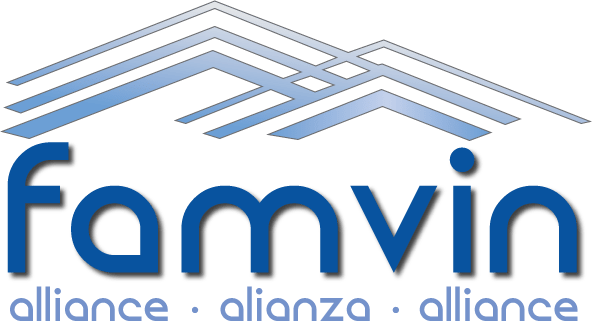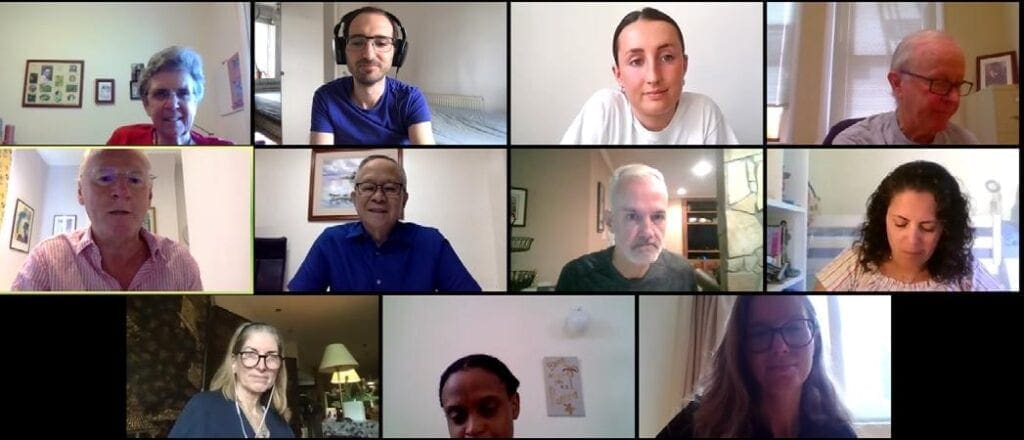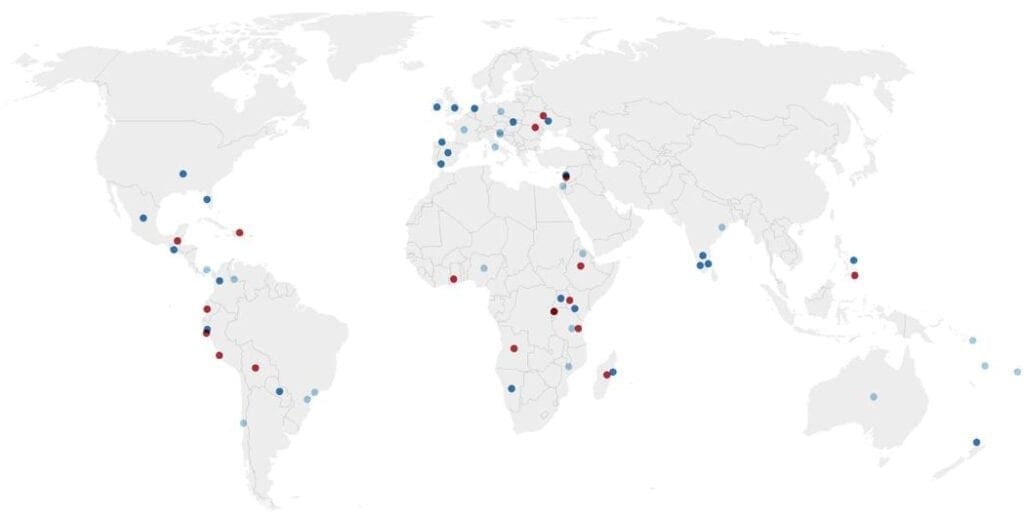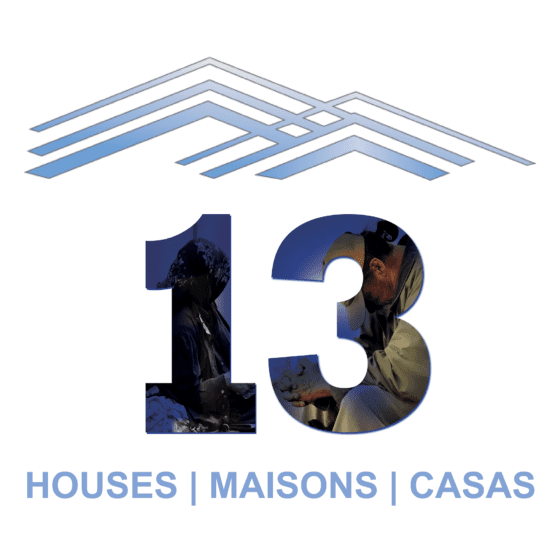
Vincentians across the world have stepped up to the challenge of COVID-19. From soup kitchens in Peru to preventing the spread of the virus in the slums of the Philippines or offering financial and spiritual support for refugees in Rwanda, Vincentians replied to the cry of the poor at the most difficult time.
Although COVID-19 has presented a massive challenge for Vincentians projects and services all over the world, this is not new. As Father Bob Maloney CM reminded us, Vincent de Paul himself had to respond to the pandemics of his time. Vincent taught us that, no matter what, we must never abandon the poor, but we must take all reasonable precautions to protect our health in serving the poor at a time like this.
The Famvin Homeless Alliance couldn’t stand aside, and so the 13 Houses Campaign expanded to include a Vincentian Response to the pandemic. This Campaign has housed close to 5000 people thanks to the collaboration between Vincentians branches. Homelessness was already a global tragedy, but COVID-19 and the measures to contain it will make it worse.
We launched an emergency appeal that has collected more than $70 000 during the first few weeks, but we need much more to support all the projects! Our appeal is covering Vincentian initiatives in Angola, Bolivia, Dominican Republic, Ecuador, Ethiopia, Ghana, Guatemala, Lebanon, Madagascar, Peru (2 projects), Philippines, Romania, Rwanda, Tanzania and Ukraine.
Vincentians have provided food, financial and spiritual assistance, and protective equipment to homeless people, vulnerable groups and frontline workers. These initiatives involved a wide range of Vincentian branches, many of them working in very difficult environments. Some projects were already part of the 13 Houses Campaign, like the Congregation of the Mission in Lebanon or “Color Esperanza” in Peru welcoming Venezuelan refugees. Other joined as a result of the appeal, like the Vincentian Marian Youth initiative in Dominican Republic or MISEVI in Angola and Bolivia.
We have been sharing the stories of those who have found some relief thanks to this work. For example, Véronique, 91, lives in the Mahama Refugee Camp in Rwanda. Here the local Chaplain, Father Henri Matsinga CM (an FHA volunteer ambassador), has been providing her with spiritual and economic support during the lockdown.
Or Ihor, who moved between cities in Ukraine just before the lockdown and couldn’t find a new job in time. Depaul Ukraine helped him to get a job and a shelter and now he’s planning to rent a flat to bring his family together when quarantine is over.
In the next few weeks and months, as the first wave of COVID-19 recedes, the number of homeless people around the world could explode. In the United States alone, a study forecast an increase of more than 45% in the next year due to the economic consequences of the lockdown and the lack of safety nets. This will make the Vincentian efforts and collaboration more relevant than ever.

COVID-19 has also forced the FHA team and Commission to adapt, so this semester’s meeting was held virtually, for the first time since the launching of the Alliance in 2017. The meeting also served us to welcome the newest Commission member, Fr. Manny Ginete, CM, from the Philippines, and Ella Siney who joined the Team in London.
FHA Conference on Refugees and Human Trafficking
The FHA’s 2020 ‘Conference on Refugees and Human Trafficking’, is due to take place in Seville later this year, unless COVID-19 forces us to postpone until spring 2021. As part of the FHA’s endeavor to build global capacity within the Vincentian Family on homelessness, the conference seeks to shine a spotlight on the Vincentian response to the homelessness that is experienced by refugees, trafficked persons and asylum seekers.
Seville, the location of the conference, is also home to a 13 Houses’ project called “Vincentian Soul”. It provides a home to over 50 either refugee or migrant women, sometimes accompanied by their children. The objective is to extract and protect these women from organised networks of human trafficking. As well as providing accommodation and other material assistance, the project is about instilling self-esteem, and finding juridical security and spiritual guidance. Women receive training which helps them to transition to their new home and way of living in Spain.
One client of the project, a woman named Flore, fled Cote d’Ivoire for Spain having endured years of sexual, physical, and emotional abuse at the hands of her husband. Once in Spain, Flore came to the Vincentian Family and the house for refugees. Here, not only did she find a place to stay, she found an opportunity to learn new skills, to find employment, a safe and secure existence, and perhaps most importantly of all, she found a loving environment.
The shelter is the embodiment of the recognition that any definition of homelessness must include refugees; the significance of which must not be underestimated.
In Matthew 25, Jesus says that those at his right hand will inherit the kingdom because when he was a stranger, they welcomed him. Confused, the righteous ask Jesus when it was that they welcomed him as a stranger. Jesus replies, “As you did it to one of the least of these who are members of my family, you did it to me.” Here, Matthew indicates that Christians should see Christ in everyone they meet.
In fact, scholars argue that in the New Testament, “stranger” and “neighbour” are actually synonymous and are used interchangeably throughout the gospels. As such, the Golden Rule, “love your neighbor as yourself,” refers not just to people you know, or those from the same country as you – our “neighbours” in the traditional sense – but also to people you do not know, from outside of your town, city, country, or culture.
Vincent himself recognised this. During the wars in Lorraine, he worked to find shelter for thousands of displaced people. One of Vincent’s assistants, Brother Mathieu Regnard, would regularly cross enemy lines to deliver money from Vincent for the relief of those in war zones. On his return trip, he often brought back people that he had found in dire circumstances, and he and Vincent would feed and settle them.
When we hear recollections such as this, of Vincent’s work four centuries ago, it is in stark likeness to the work of the Vincentian Family today, and experiences such as Flore’s. It is clear the extent to which his legacy has continued both in practice, through our work, and in thought, at this year’s conference.
First UN Resolution on Homelessness
Earlier in February, before COVID-19 stopped the world, the United Nations adopted the first resolution defining homelessness, after the first debate on the issue in a generation. The resolution incorporates all the key categories of homelessness from the Framework of our partner the Institute of Global Homelessness. The UN keeps working despite the pandemic, and it is expected that the Economic and Social Council will adopt the resolution shortly, to then move to the General Assembly later in the year.
The resolution includes a formal written encouragement for Member States to harmonise measurement and collection of data on homelessness. The Resolution strengthens the role of the UN Statistical Commission and emphasises “the need to make concerted efforts to identify people experiencing homelessness”.
The resolution was adopted at the end of 58th Session of the Commission for Social Development, which focused on affordable housing and social protection for all in an effort to address homelessness. Vincentian advocacy has played a vital role in introducing homelessness to the UN Agenda. The advocacy efforts by the NGO Working Group to End Homelessness made it possible for this issue to be the priority theme of the 58th Session. The Working Group, created by the Vincentian Family, brings together organisations from all over the world. Until then, the group was coordinated by Father Guillermo Campuzano CM.
The FHA and our partners, Depaul International and the IGH, also members of the NGO Working Group, powered the “Make us count” campaign with the intention of bringing the voices of people experiencing homelessness around the world to the discussions in the UN.
Our long-term goal in to introduce homelessness as indicator in the next set of Sustainable Developments Goals planned for 2030
The Vincentian Family Moving Forward
On January 8-12, 2020, more than 200 leaders of the Vincentian Family, representing 91 branches, gathered in Rome (Italy) to reflect upon the realities of collaboration and the future of the Vincentian charism.
This event was unique in many ways. It was the first International Meeting of Leaders of the Vincentian Family, bringing together the 150 Superior Generals and the Presidents of Vincentian branches from around the world. For some Superior Generals, it was the first occasion to have a better understanding of the larger Vincentian Family and to explore multiple possibilities of collaboration. For all, it was a very special opportunity to reflect with others on shared hopes and challenges regarding vocations, the transmission of the charism, and communications, among other topics. This event was made possible by the work of the Vincentian Family Office (VFO), who carefully reached out and visited the different branches over the last year to give a better picture of the multiple manifestations of the charism throughout the world.
The Famvin Homeless Alliance was blessed to be present at this historical event of the Vincentian Family. Mark McGreevy, FHA Coordinator, and Sister Carol Keehan, DC, Commission member, presented the work of the Alliance and the 13 Houses Campaign. Mark McGreevy said: “It was great to be at this historic gathering of all the leaders of the Vincentian Family branches. The Vincentian spirit is alive, and I have great hopes for substantial collaboration in the future”. FHA team members Yasmine Cajuste, Project Development Coordinator, and Natalie Monteza, 13 Houses Campaign Coordinator, also attended this historical meeting. Their attendance allowed them to establish the seed of many forthcoming 13 Houses projects across the world.
We look forward to the fruits of this gathering and hope that the Vincentian Family will manifest the daring audacity, the prophetic inspiration and the sense of collaboration of its founders as it addresses the signs of the times on its 5th centenary




